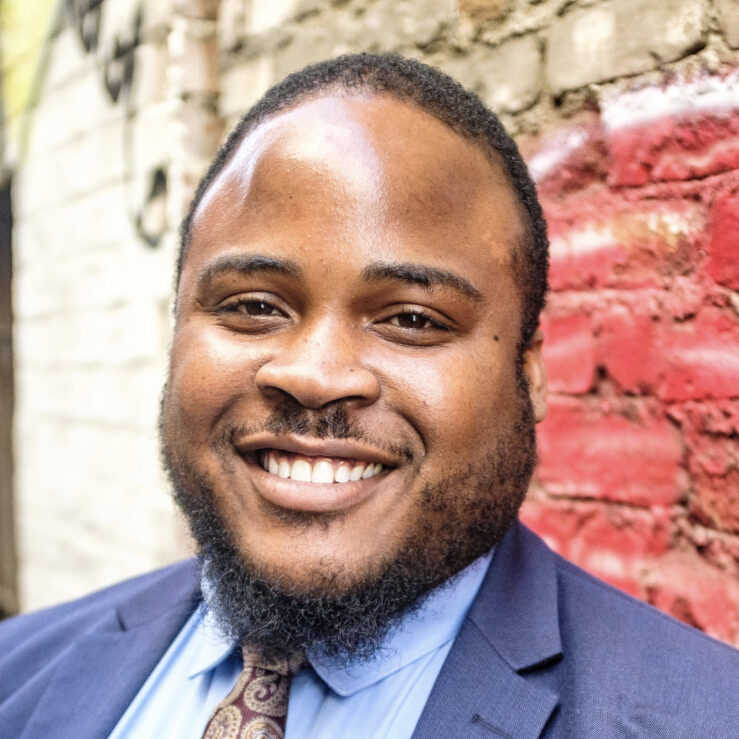Reducing Hate Crimes and Building a More Inclusive Los Angeles


Ronnell Hampton
2021-2022 | City of Los Angeles - Civil and Human Rights Department
Project
Los Angeles is working to embed equity into government operations and policies, including setting up a Civil and Human Rights Department, which is charged with addressing the long-standing discrimination that impacts historically underserved and minority communities in Los Angeles.
Hate crimes are disproportionately focused on LGBTQ+ individuals and residents of color. FUSE will work with the Civil and Human Rights Department, the Police Department, and other departments across the city to enact programs that directly reduce hate crimes and increase public safety for potentially vulnerable populations.